There’s a lot to love about the entertainment awards season: the upsets, the conversations about the films being recognized, and the general air of excitement that’s probably not dissimilar to a sporting event, except it’s for theater kids and cinephiles (endearingly and pejoratively) instead of dads.
Among the most meaningful part of these ceremonies are the acceptance speeches, and the 82nd Golden Globes had a treasure trove of anecdotal gratitude on its hands. From Adrien Brody’s heartfelt reflection on his family, to the championing of artists from Brady Corbet and Richard Gadd, all the way to Kieran Culkin’s unhinged nonchalance, there was plenty to love here. But if there was a Golden Globe for the best acceptance speech, Demi Moore and Sebastian Stan would likely be holding it together.
Respectively winning for Best Performance in a Motion Picture – Musical or Comedy for The Substance and A Different Man, Moore and Stan delivered their speeches one after another, both of them imbuing into their speeches personal subject matter and socially prevalent sentiments, while also calling back to their respective films in the process.
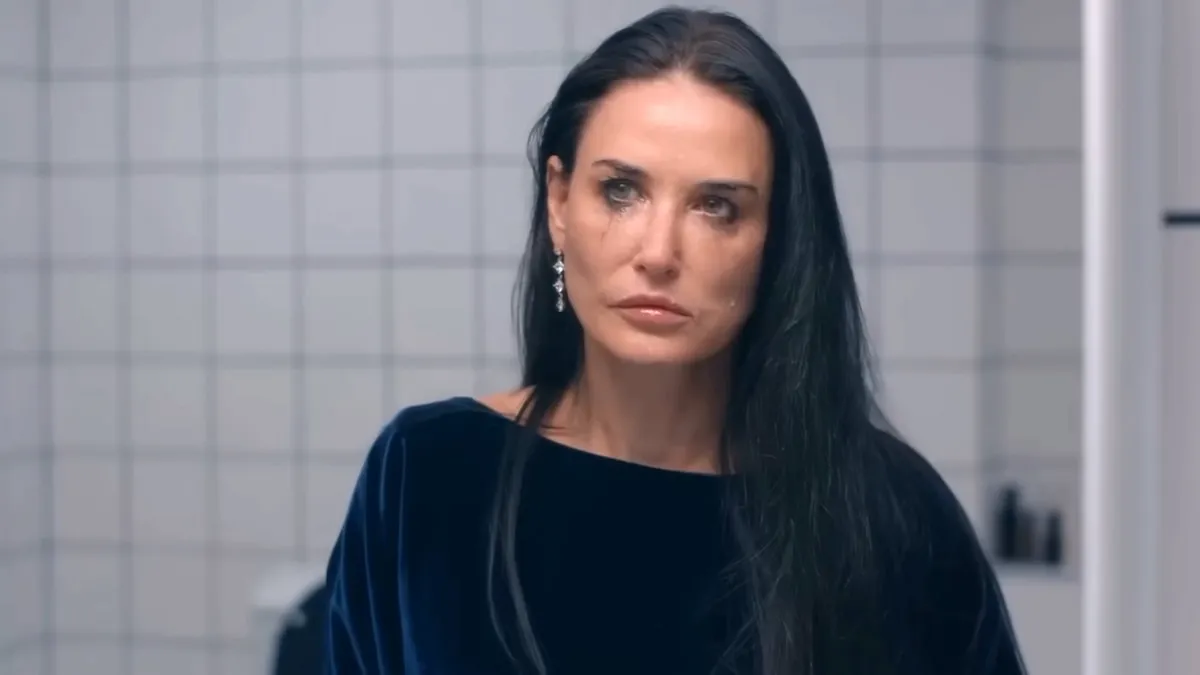
Moore starred in The Substance as Elisabeth Sparkle, a former Hollywood star who falls into despair when her aging body costs her the adoration she once enjoyed in the industry. She happens upon a black market drug called “The Substance” that allows her to inhabit a younger version of herself, but the severe consequences end up catching her off guard.
At 62 years old, Moore’s own career is a rather pertinent lens to view The Substance through, as the actress — once the world’s highest-paid back in 1995 — struggled to maintain relevance into the 2000s, pointing out in her speech that someone once told her she was a “popcorn actress”; one who would never be recognized for any artistic strength among her peers, and perhaps thrived exclusively on her beauty.
With her performance in The Substance, though, Moore quite loudly asserted that she’s so much more than what the Hollywood suits believed her to be, and this Golden Globe win — together with a speech in which she boldly reclaimed her artistry (and, by extension, the dignity of women working in a rather undignified machine) — cements that even further.
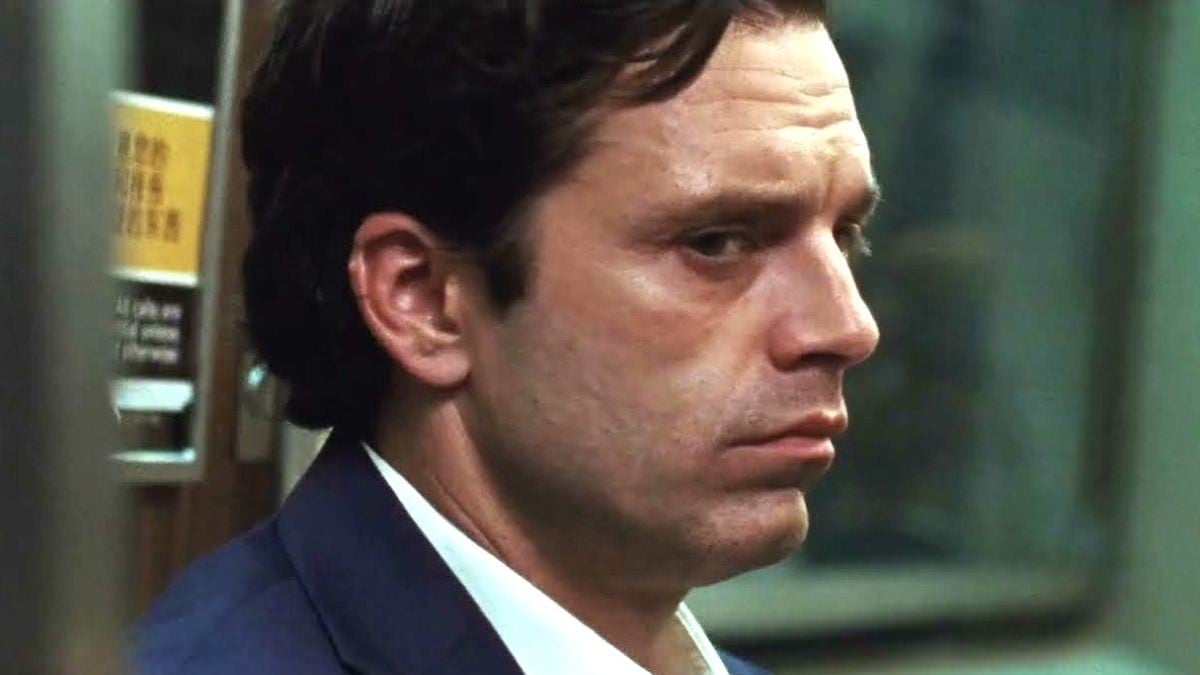
Stan then had the unenviable task of following Moore’s speech, a task even Kerry Washington, who was presenting his award alongside Andrew Garfield, mentioned before segueing from Moore’s speech to the next category. But the A Different Man star proved to be more than up to the task with a hearty helping of humanism in his back pocket.
In his film, Stan stars as an actor with neurofibromatosis, which causes a physical deformity on his face that makes him socially ostracized. He undergoes a procedure to remove the deformity, assuming a new identity in the process and living a content life, but he soon catches wind of Oswald (Adam Pearson), an actor with the same condition as him who is all but beloved by the world around him, causing a maelstrom of inner conflict within Stan’s character.
During his speech, Stan vigorously championed the act of telling inclusive stories that normalize disability in the face of willful ignorance and rejection faced by the community. He went a step further by advocating for stories that are difficult to tell, naming A Different Man and The Apprentice — the Donald Trump biopic that Stan also starred in — as two such films that deconstructed a wall of uncomfortable subject matter so as to get to the necessary humanity at the core of them.
All too often do we cross our fingers for certain nominees to win their respective category, solely because we know their acceptance speech will be straight fire. This inspiring one-two punch from Moore and Stan, though, likely caught many by surprise in all the best ways, and one can only hope their words will ring truer with every passing tomorrow.

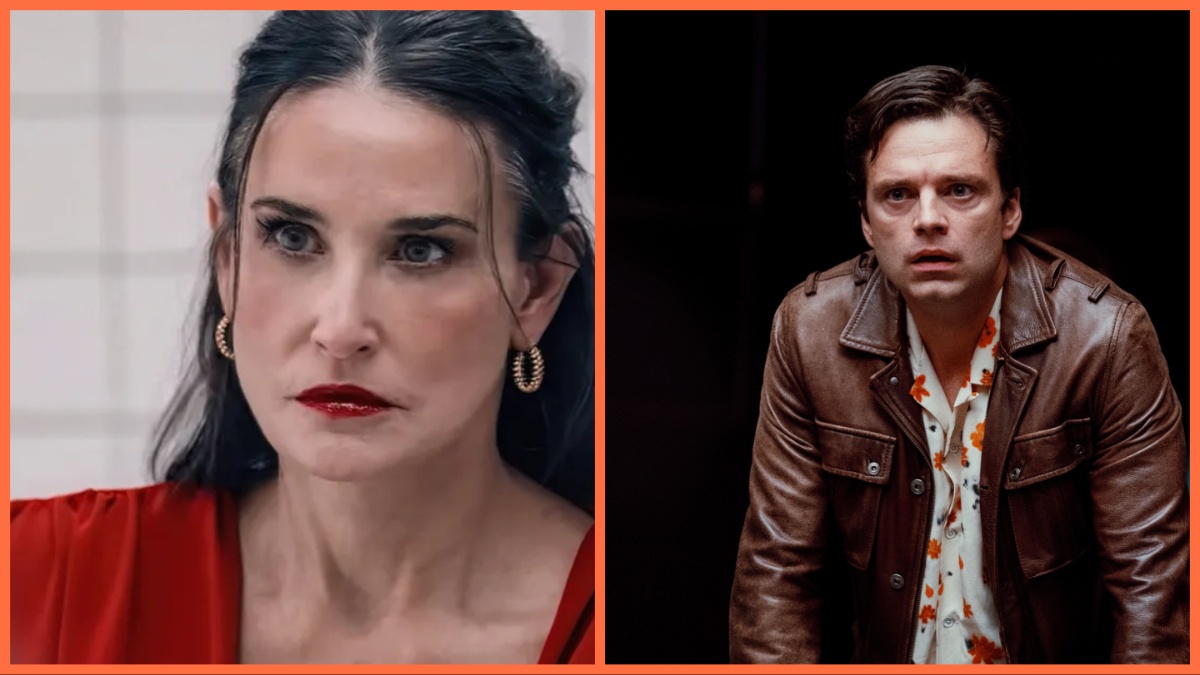
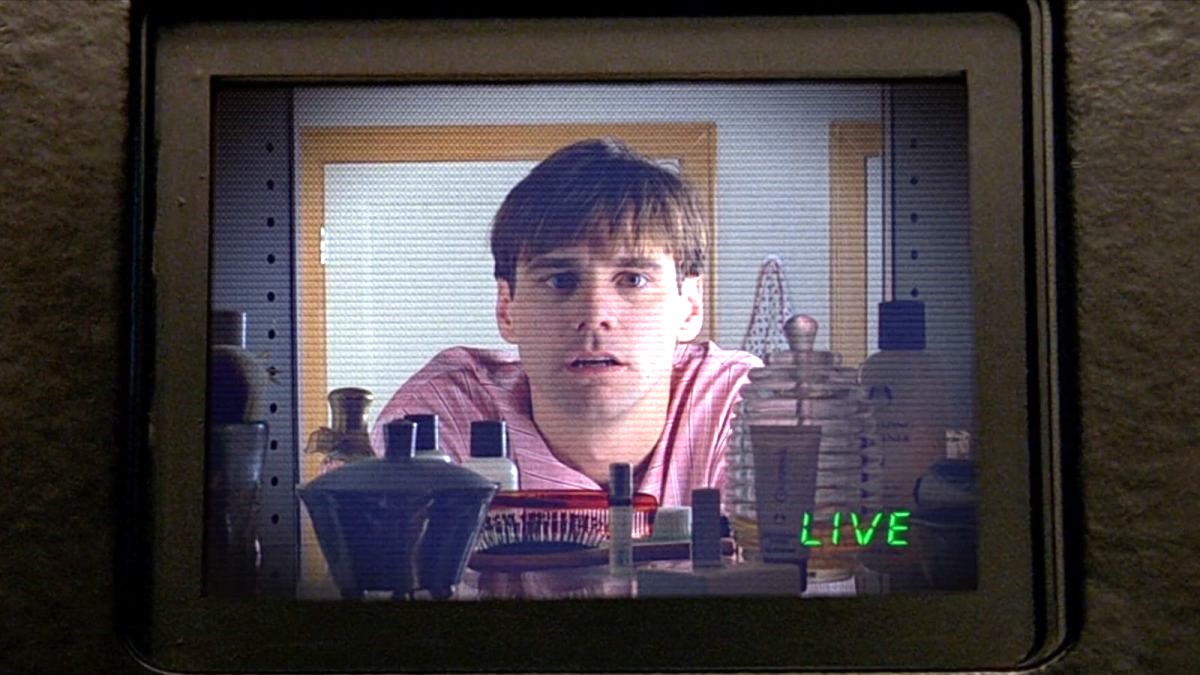
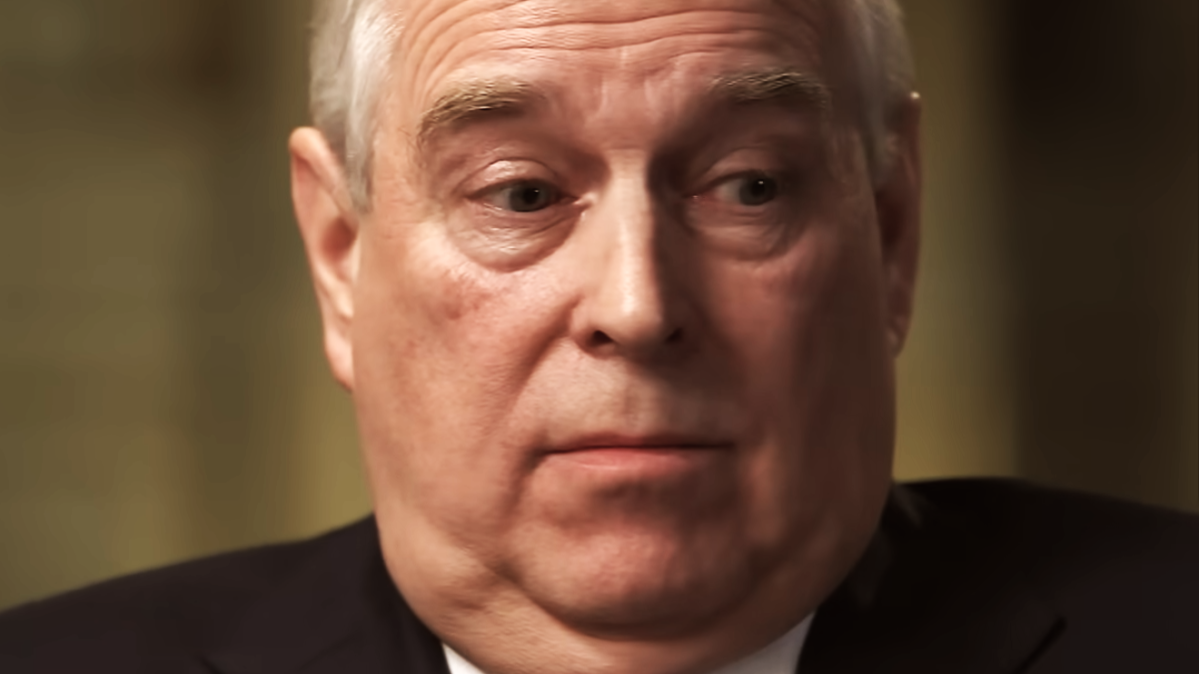

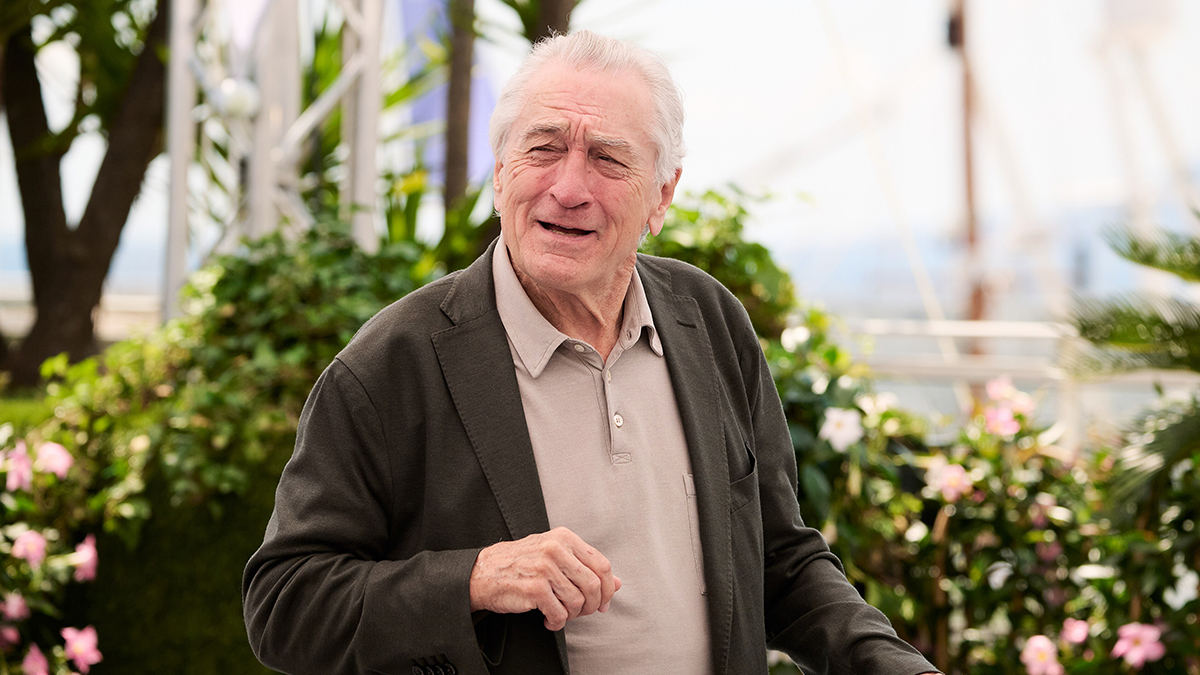
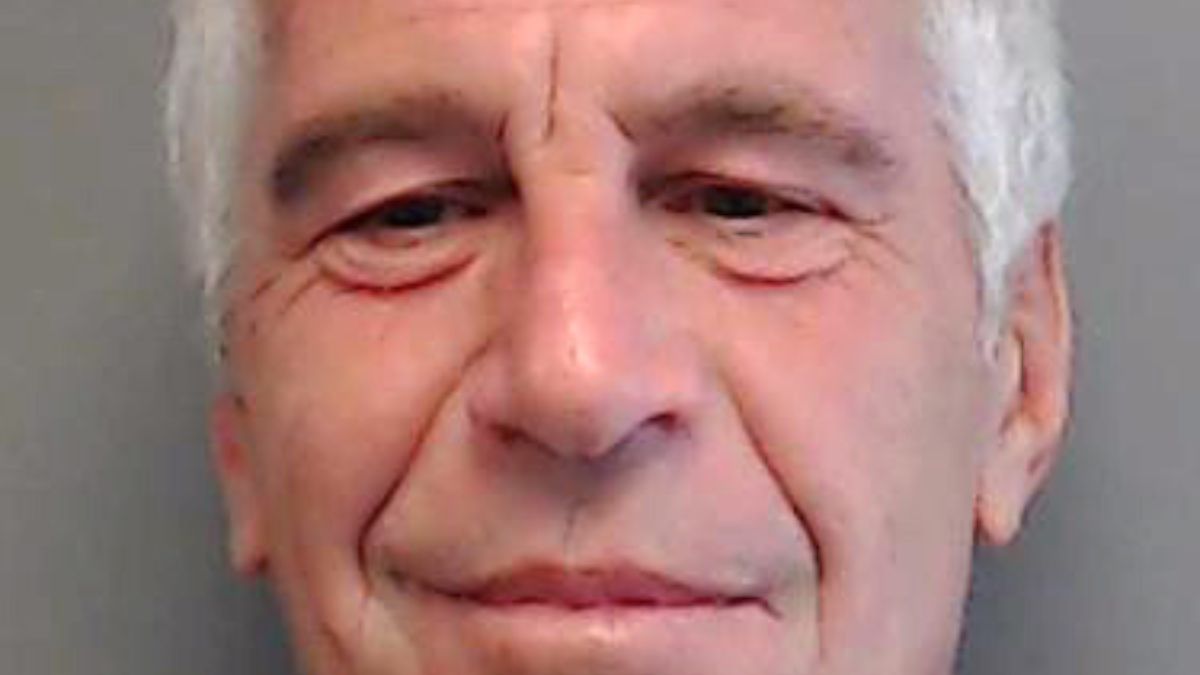
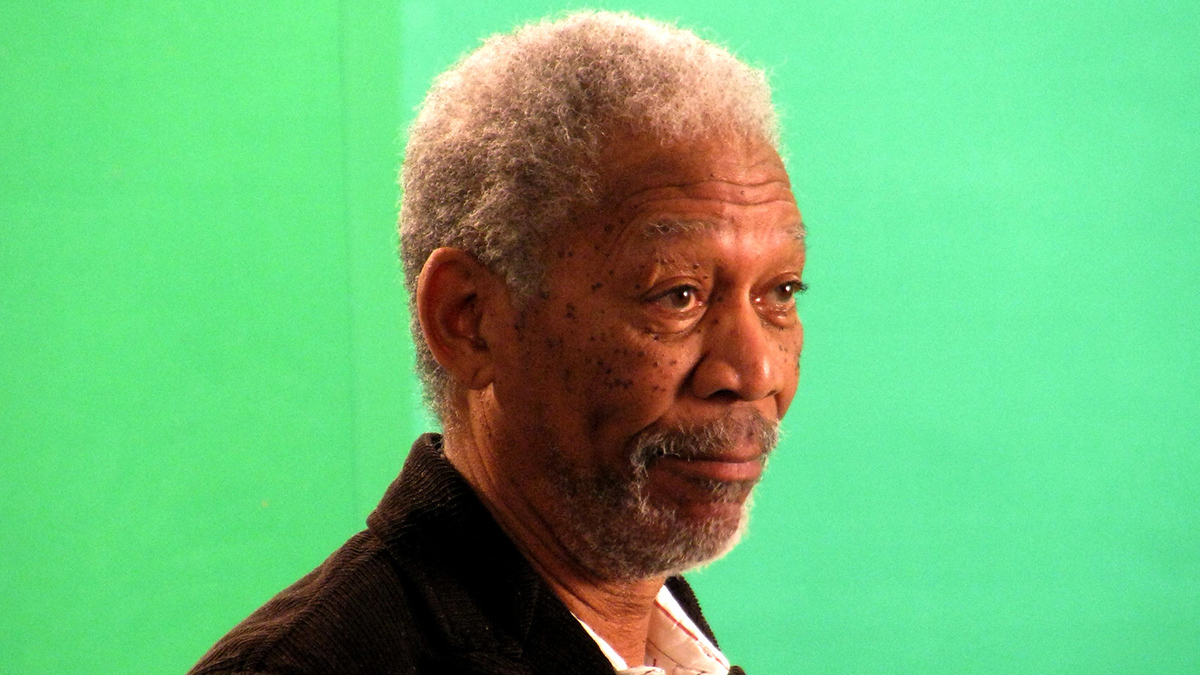
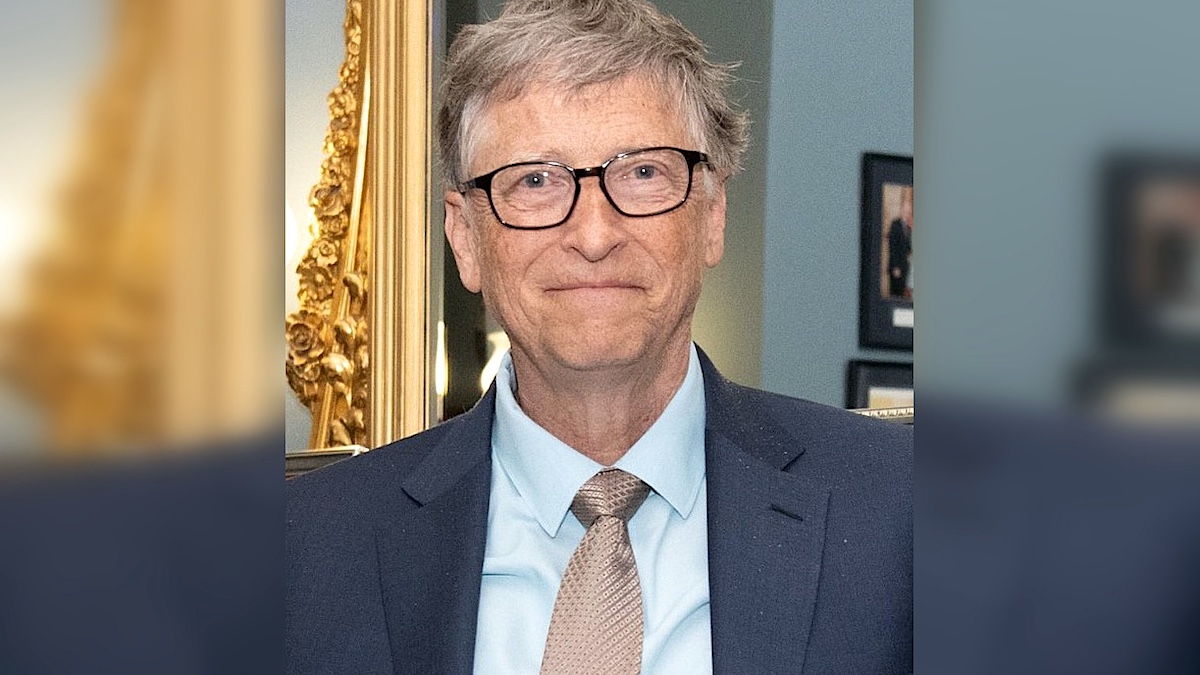
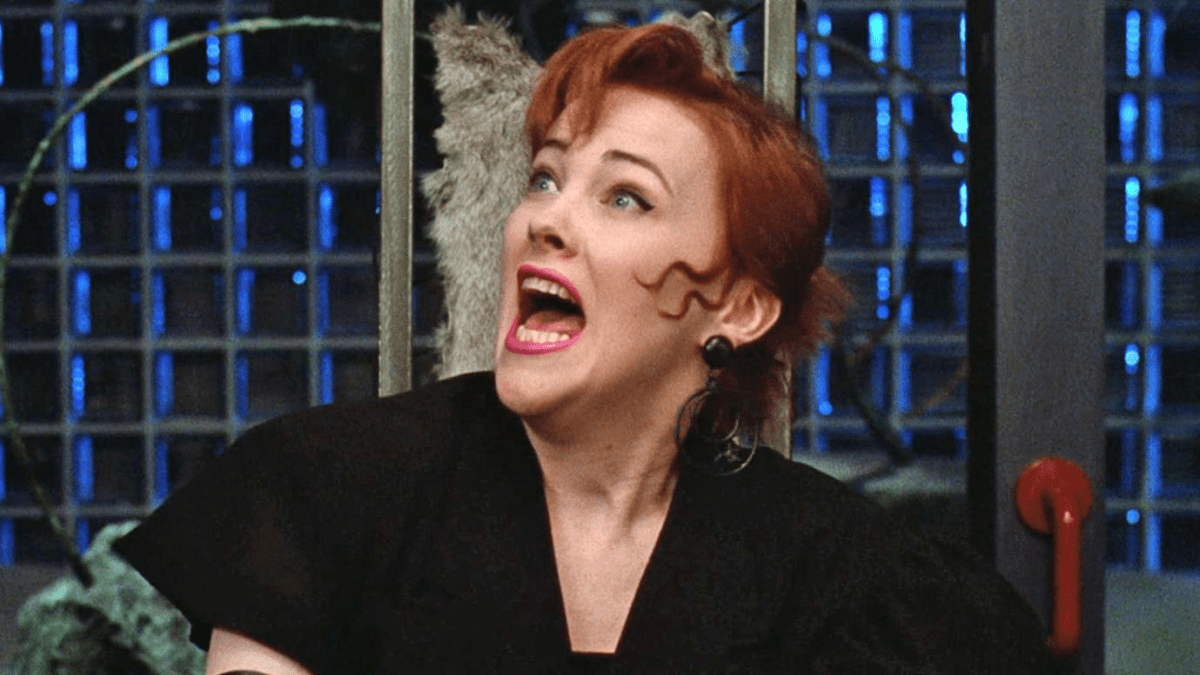

Published: Jan 6, 2025 12:41 pm